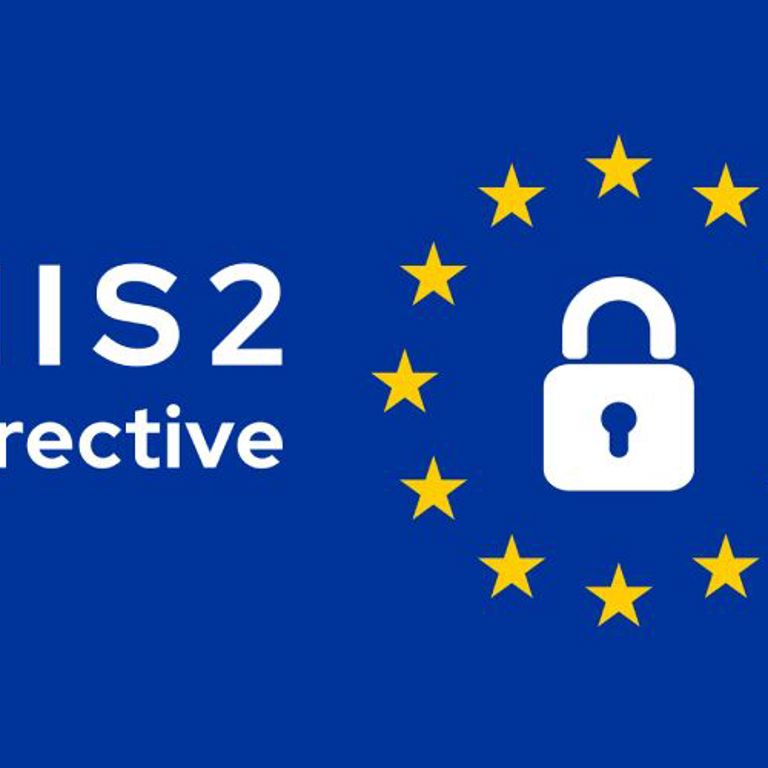How NIS2 compliance could prevent 90% of EMEA Cyber Security incidents
Are you prepared?
Over 90% of firms in Europe, the Middle East, and Africa (EMEA) report Cyber Security incidents that might have been prevented with full NIS2 (Network and Information Security Directive) compliance. Cyber Security mishaps are becoming a significant problem. NIS2 is designed to improve Cyber Security within critical sectors like transportation, energy, and healthcare, and emphasises the need for stronger incident response plans, supply chain security, and vulnerability assessments. However, many organisations are not yet prepared for the new compliance.
The Veeam survey reveals that while IT leaders generally recognise the importance of NIS2, they face significant challenges in implementation. Only 43% of respondents are confident that NIS2 will make a tangible difference in their Cyber Security posture. Despite this, the urgency of compliance is rising as the directive mandates that companies take proactive measures to protect against data breaches and cyber threats.
One of the key benefits of NIS2 is its focus on securing the entire supply chain, reducing the risk of third-party vulnerabilities that attackers could exploit. This aspect of the directive is particularly relevant, as many organisations have experienced breaches due to weaknesses within their supply networks. Additionally, NIS2 encourages businesses to adopt a more structured approach to Cyber Security, with requirements to conduct regular vulnerability assessments and maintain up-to-date incident response strategies.
However, the survey also highlights some concerns among IT leaders. Many are sceptical about the real-world impact of NIS2, fearing that its implementation may add more complexity without delivering substantial security improvements. This scepticism is compounded by the fact that many organisations are still struggling to meet basic cybersecurity standards, let alone the more rigorous demands of NIS2. Technical debt—the accumulation of outdated systems and software—remains a significant barrier, as does the lack of awareness or priority at the leadership level.
Despite these challenges, the message from the Veeam survey is clear: NIS2 has the potential to significantly reduce cybersecurity incidents across EMEA, but its success will depend on how well businesses can overcome these hurdles. Organisations need to invest in modernizing their IT infrastructure, raise cybersecurity awareness at the executive level, and ensure that adequate resources are allocated to meet the directive's demands. With the right focus and commitment, NIS2 can serve as a critical tool in strengthening the region's cybersecurity resilience.
In conclusion, as cyber threats continue to rise, the importance of adopting robust security measures like those outlined in NIS2 cannot be overstated. While scepticism exists, the directive offers a clear path for businesses to enhance their cybersecurity strategies, provided they can overcome the internal challenges of budget constraints, technical debt, and leadership support.
The future of Cyber Security in the EMEA region depends on organisations' willingness to embrace these changes and commit to proactive, long-term solutions. Are you prepared?
Achieve your NIS2 certification, fast!
For the past 14 years in a row, we’ve been named one of the Top 20 IT Training Companies in the World.
We specialise in accelerated training that helps you become competent, confident, and certified fast.
Could one of our courses be right for you, or your team?
